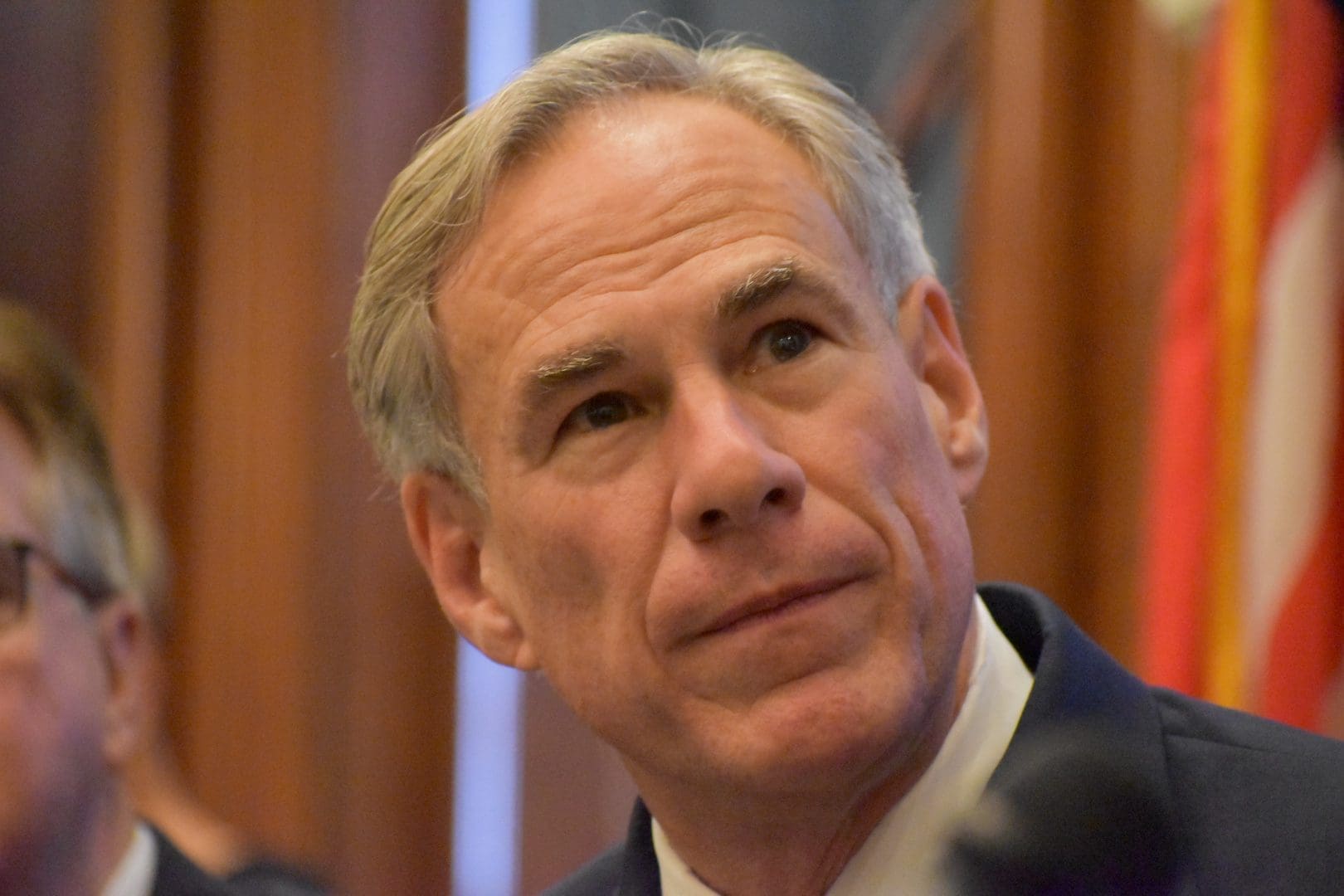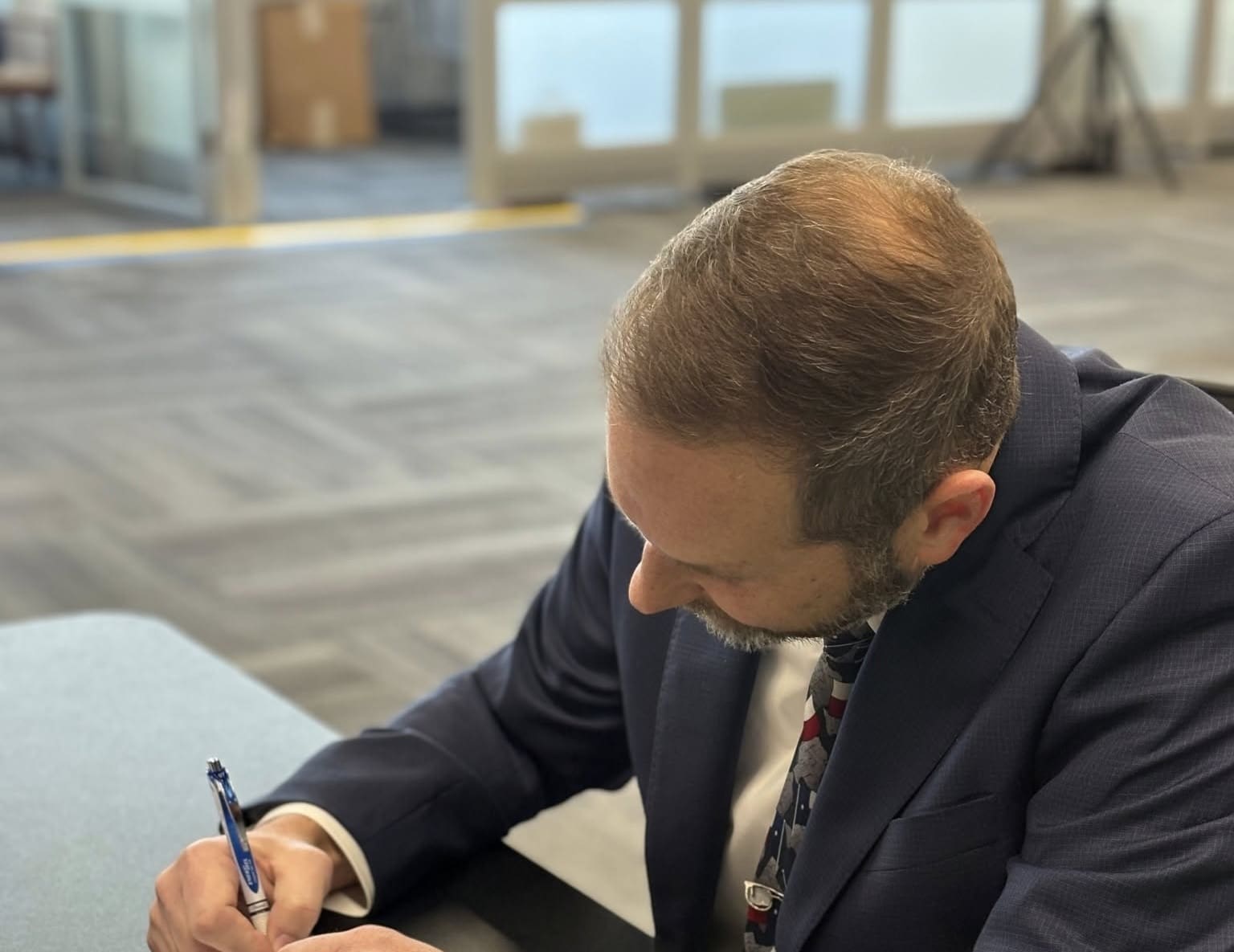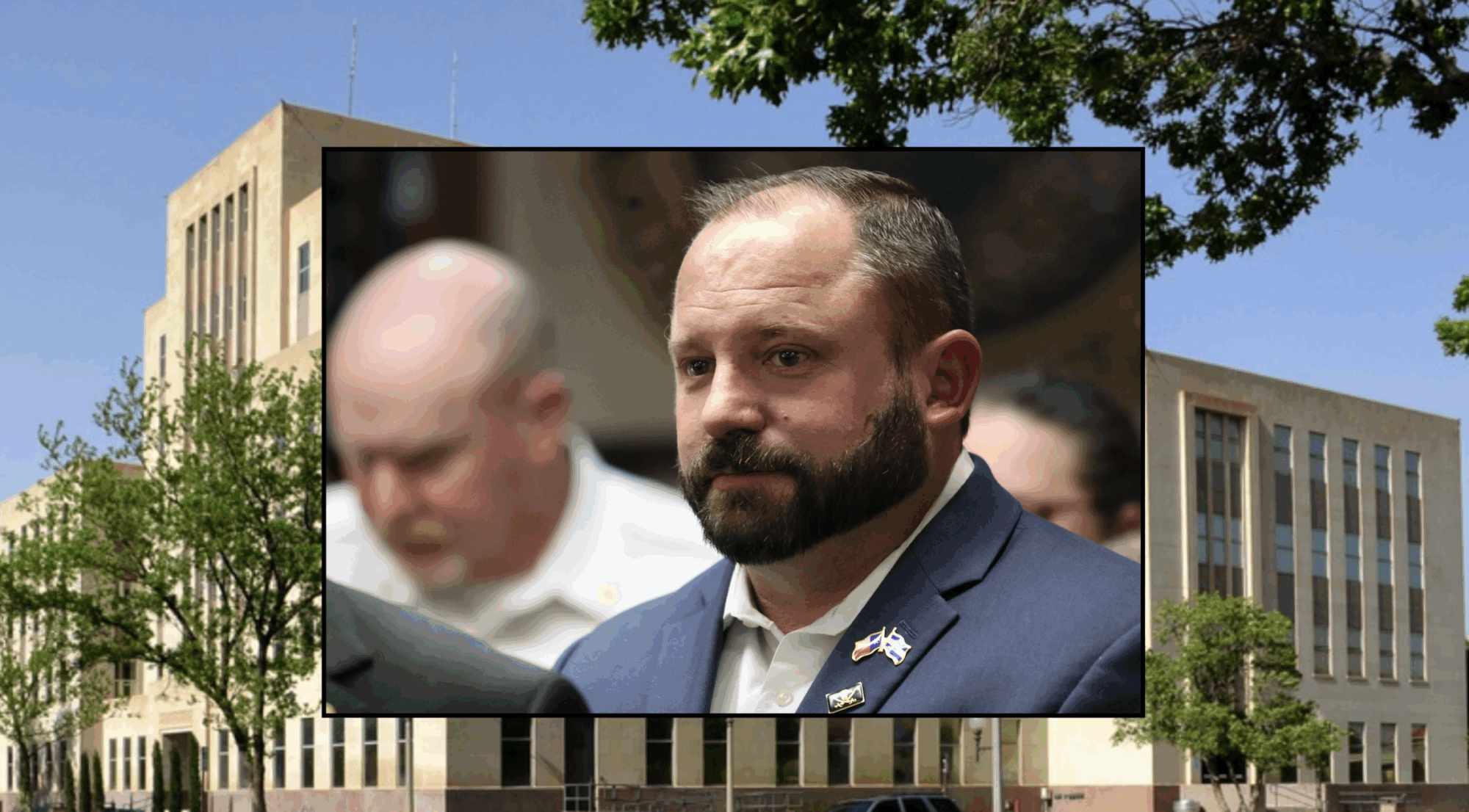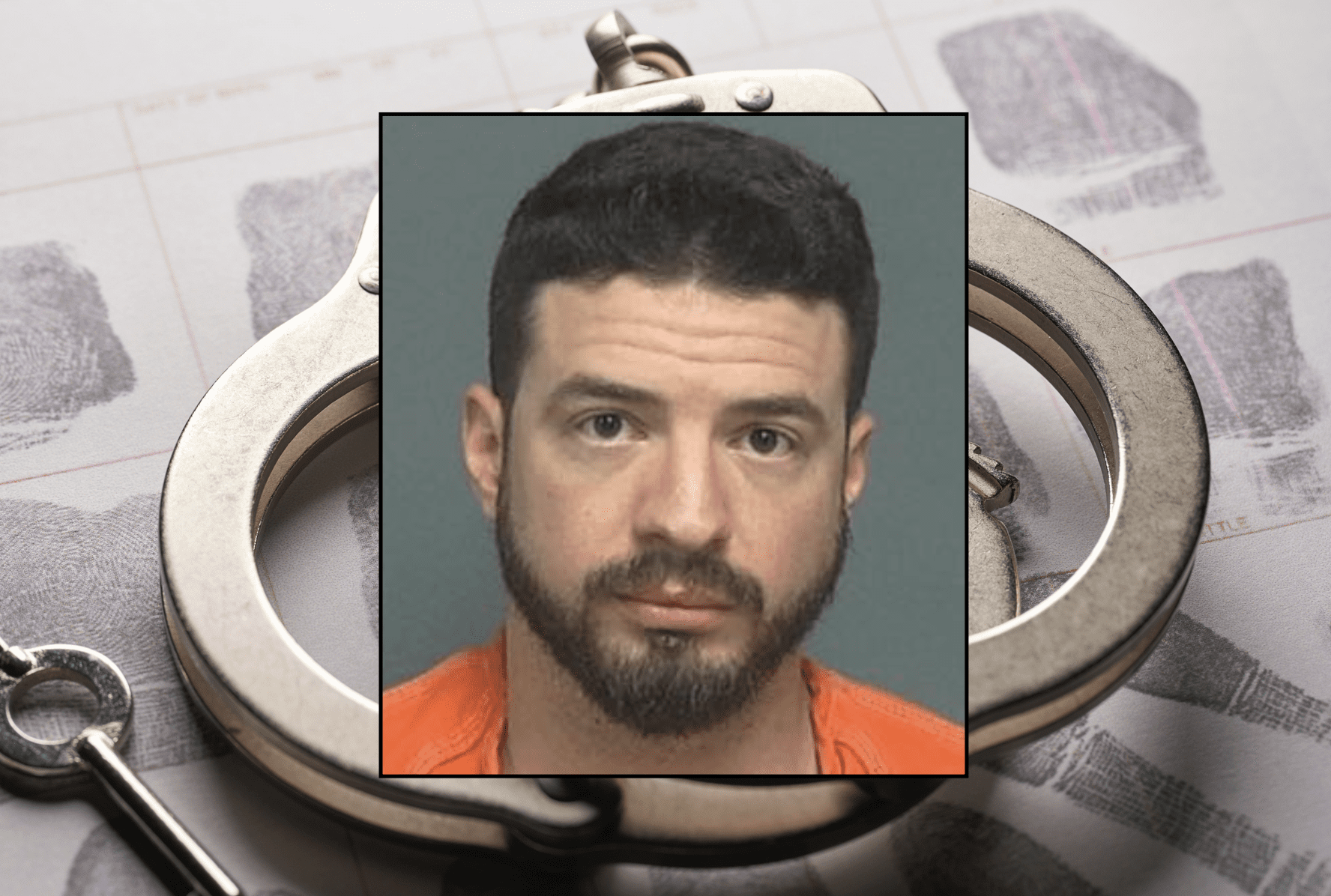AUSTIN — After a years-long fight to protect children in Texas with little results, top state officials are still playing the blame game instead of getting their important work done.
In an interview this week, Gov. Greg Abbott continued to point his finger at other officials when asked why child mutilation is still legal in Texas.
The Issue
At issue are gender mutilation operations. Currently in Texas, medical professionals are allowed to cut off children’s healthy body parts as part of gender surgeries or chemically castrate them through sterilizing cross-sex hormones and puberty blocker drugs.
The issue drew an international spotlight with the child abuse case of James Younger, a 9-year-old Dallas-area boy whose mother told him he was a girl and wanted to force him—against his father’s wishes—to take sterilizing drugs and eventually be castrated.
Since then, the immediate goal has been simple: outlaw those medical practices in Texas.
But throughout the year, the Republican-controlled state Legislature and Gov. Abbott have continuously rejected efforts to outlaw the operations. Texas Scorecard extensively reported on this saga, detailing their inaction despite the outcry of parents across the state and the vote of nearly 2 million Republican primary voters to ban the barbaric medical practices.
The Blame Game
This troubling series of events has had many chapters and numerous involved characters this year, but the bottom line is this: The key players stopping these laws are Texas Speaker of the House Dade Phelan, his Republican leadership team, and Gov. Abbott.
Since then, the governor and state officials have pointed fingers at others, convoluting the matter and trying to divert attention from the fact that they simply chose not to pass a state law.
A brief summary:
- Speaker Phelan and his team repeatedly rejected proposed state laws to ban chemical and surgical mutilation on minors.
- Gov. Abbott repeatedly refused to add the Republican party priority to the state Legislature’s to-do list in three special sessions this year. (He claimed those child protection laws had a “nil” chance of passing the Republican-controlled House, a claim House Republicans promptly refuted.)
- Amid public outcry, Gov. Abbott then sent a letter to the Department of Family and Protective Services, asking them to decide if cutting off a child’s healthy body part is child abuse (they replied that it is, but they won’t speak to chemical castration—the more common method).
- Two state representatives then followed up with DFPS and Texas Attorney General Ken Paxton, asking if chemical castration is also designated as child abuse. DFPS says they’re waiting on Paxton, and Paxton said this week he’s still working on an official opinion of what’s currently in state law.
- This week, Abbott claimed the hold-up on the issue is now on Paxton.
- Paxton replied this week that Abbott and the Legislature could have prevented the back-and-forth by simply passing a child protection law.
“The Legislature could have addressed this. They failed to even, I think, get a bill out of committee, and I’m not sure why,” Paxton told radio host Mark Davis on Wednesday. “To me, that seems like one of those issues that the Legislature should have taken seriously and, for some reason, it went nowhere in the Legislature.”
Why is This So Difficult for Abbott and Speaker Phelan?
Abbott has already been asked several times why the Republican-controlled Legislature hasn’t approved the child protection law and why he hasn’t tasked state lawmakers to do so.
“Why? Why, in a conservative state with Republicans in charge … a law that says we’re not going to let you carve up your 10th grader because he thinks he’s a girl,” host Mark Davis recently asked Abbott. “How in God’s name does that not pass in Texas?”
“Uh, I can’t—I—I can’t answer for that other than I can game the odds,” Abbott replied.
“Will there be any attempt to put [the proposed protections] on the [Legislature’s special session], to make it a law in this state?” a moderator recently asked Abbott at a public forum.
“We–we–we do need—great question,” Abbott replied. “So, we do need it as a law. And it would be stronger, obviously, if the Legislature would pass it, and I want to see the Legislature pass it.”
“Why has that not been in a special session? You told me it wouldn’t pass. Every Republican I talked to says it would,” Host Davis asked Abbott again this week. “Let’s settle this. Let’s put that in a special session. Why not?”
Abbott again did not directly answer but began talking about his letter to DFPS. Davis brought back the question at the end of their conversation.
“If [Paxton’s upcoming opinion] doesn’t [work out], can we give this to the Legislature so that they can pass a law and make it illegal—the way things are usually made illegal?”
“That’s always a possibility,” Abbott replied.
Notably, Abbott did add dog tethering to his list of priorities for the state Legislature earlier this year. Additionally, Speaker Phelan was one of only three Texas House Republicans to receive a positive grade from Equality Texas, a pro-LGBT advocacy organization that opposed the proposed safeguards.
Meanwhile, Arkansas recently passed the Save Adolescents from Experimentation (SAFE) Act, a law to prohibit such operations on kids.
While Texas officials continue to play political games and point fingers, Texas children such as James Younger continue to face potentially lifelong damage to their bodies.
“I keep asking myself: Why do we have to work this hard to get our elected officials to protect children in this state?” said James Younger’s father, Jeff, at a press conference earlier this year.
As more citizens and lawmakers admonish Abbott to reconvene the state Legislature for a fourth session in January, concerned citizens may contact their state representative or the governor.





